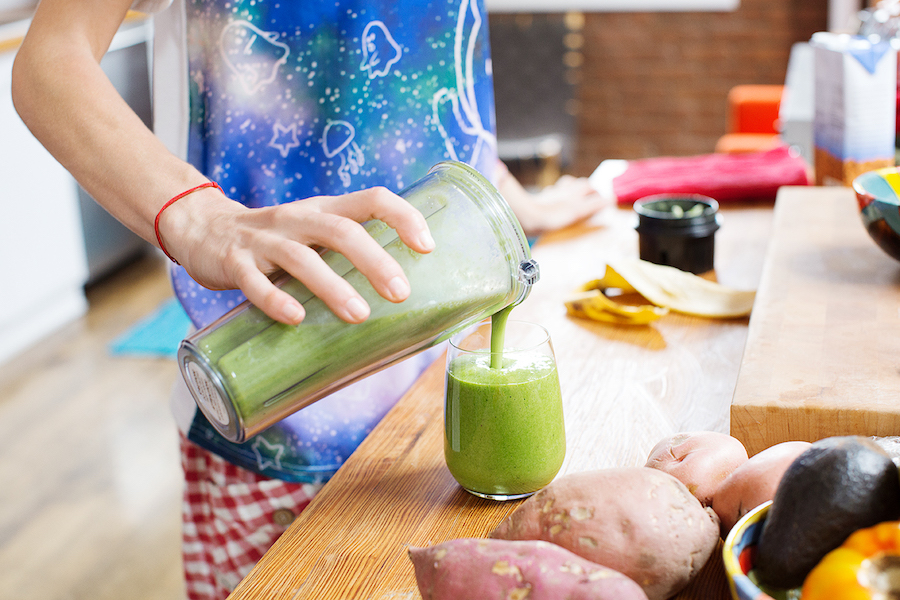How to handle the what’s and when’s and how much’s of food is a hugely important topic. And good answers here are as numerous as we are. Because the good answers come from you, from each one of us.
Of course, there are also a whole lot of answers out there that aren’t so good. It’s why diets fail without fail. They don’t come from you. They come from some other place, some other person.
So this is a complex issue. Just like life. At the same time, as unique as we all are, there is a structure we can follow together, that helps us find our own way to progress.
It begins with allowing ourselves to be unique. From here, we can learn to tune in and hear all the messages our body sends to us. And then we can respond.
Each of these elements takes a whole lot of practice. And you’ll probably notice it’s exactly what we’re doing with our time in yoga and tai chi. What else would we want to do? Learning to take good care of ourselves is the starting point for everything.
So we begin this practice by trading an old belief that doesn’t work for a new one that does. The new belief is that what we feel is uniquely our own, and uniquely important.
The old belief tells us to forget our uniqueness, and work really hard to become a copy. Copy someone else’s ideas, someone’s else’s body. And it tells us it doesn’t matter how bad that feels. In fact, we should ignore how it feels, until we just don’t feel anymore.
For most of us, we held this old belief for a long time, in so many ways. Even when we knew on some deep level that it didn’t work. So trading it in takes some work, beyond simply knowing we have a better choice. Because knowing doesn’t rewire our old habits. Moving does. So we need to rewire through the choices we make, in how we move through our lives.
Which carries us to the second part of this big life practice.
Slow down and breathe deep, enough that when our body tells us something, we have a chance to notice it.
This is a tough one too. For most of us, full speed ahead is our normal. I remember one of my coaches telling me a long while back that if I can’t do something slowly, I can’t do it. It was that simple. So practice began with the smallest and simplest of movements. Slower. Again and again. Eventually, the door opened. Old habits fall away for new ones that work better. It just takes practice.
In the first two elements, we create a belief that supports who we are, and the possibility for hearing what we need to hear. Now we need to act. And if we’re hearing our bodies, and believing that what we hear is the most important thing, worthy of our response – then we get to move.
When your body opens a door, move through. When your body closes a door, ease off and find another way. This is a radical choice to make. Very different from using force when you encounter an obstacle. Choosing peace, practicing harmony in your body over disconnection, is a radical way to move. It also opens every door there is, even where you never knew there was a door.
You probably recognize all this from what we’re practicing with Strala, whether it’s through the vocabulary of yoga forms, or tai chi forms, or healing forms. So maybe it’s not too surprising that for food, it’s the same practice. Believe that you are unique. Slow down and tune in to the messages your body is telling you. Practice responding.
In yoga, this means your poses, and your movements, will look a bit different from day to day, morning to evening, even one side to the other. These are all unique moments in you. If you’re responding, what you do, how you move, will also be unique. And if you’re not, then it’s just poses. Of course almost anything can work for a little while. But like a prescription diet, a rigidly unresponsive approach is unlikely to work for very long. The only sustainably valuable way is the one that responds to you, now.
In food, same thing. Yes, we have things like lunch time at work. So we could just eat the same thing, every day, at the time we’re given. But, there’s also another way, which follows on what we’re practicing. Remember a few things here
1. We have more freedom than we imagine.
2. Our body most often tells us what we need to know. Listening and responding takes practice.
3. Variety is good.
So maybe we must eat directly at noon, or maybe this isn’t really true. Maybe we need to eat the same meal each day. Or maybe we could see how we feel when lunch time rolls around, and try responding to this in different ways, different amounts, different kinds of food.
You are your own best laboratory, and the potential in front of us is so much bigger than we usually imagine.
Imagine more.
And when things seem immovable, choose peace. Because you could choose bashing against what seems immovable. You could go to war with lunch hour! Or you could begin by changing you. Soften, enough that you are movable. Creativity and responsiveness grows from here. And when the door opens, move through.

